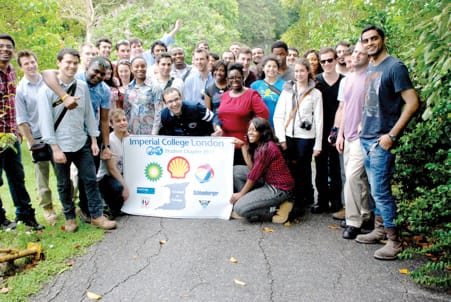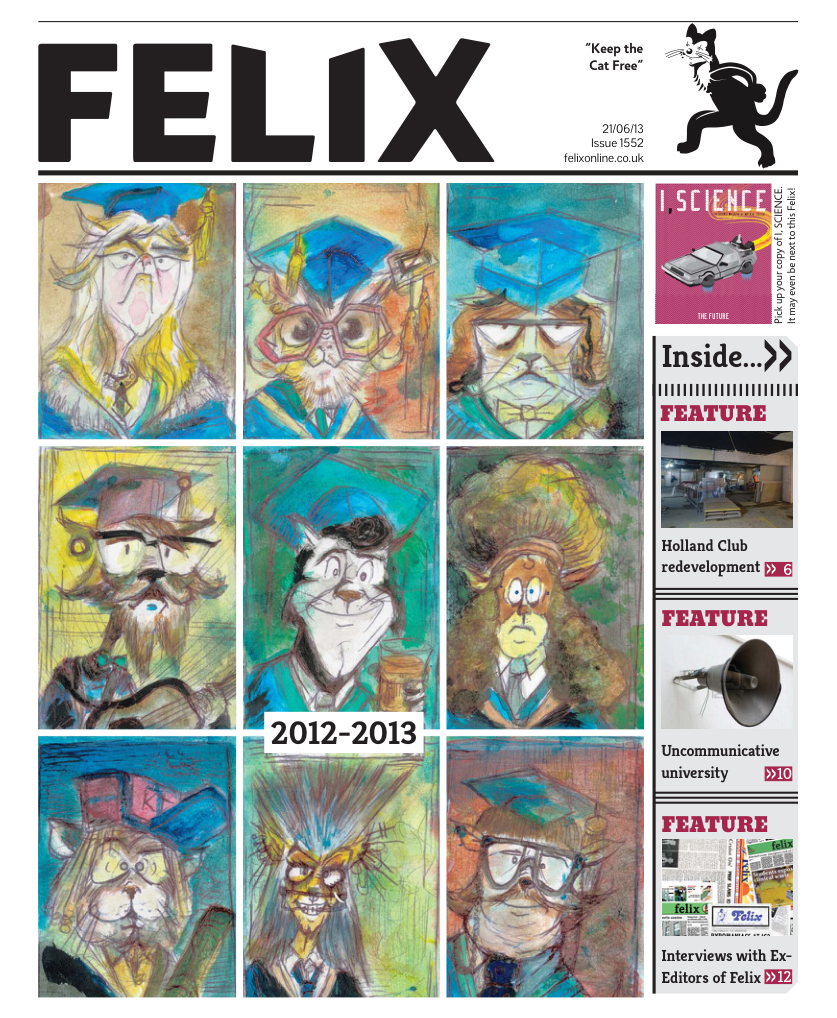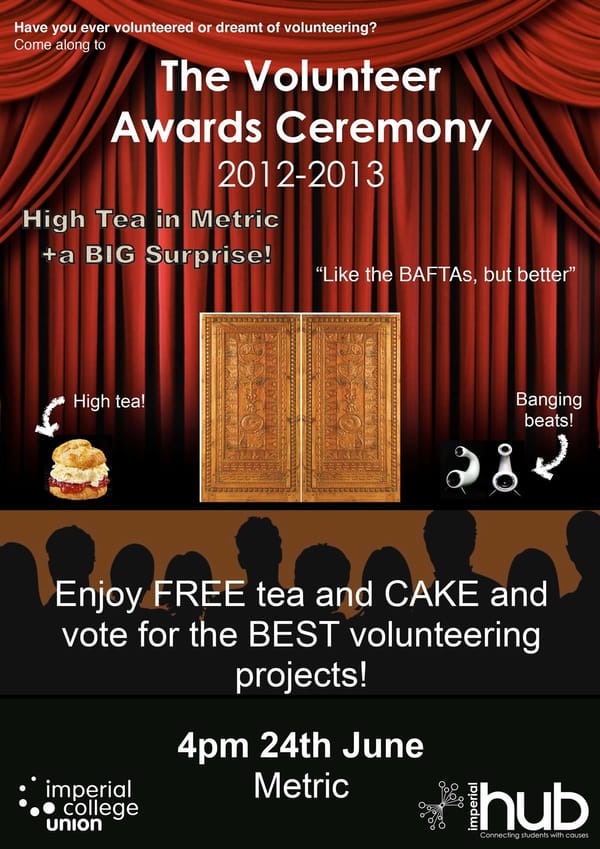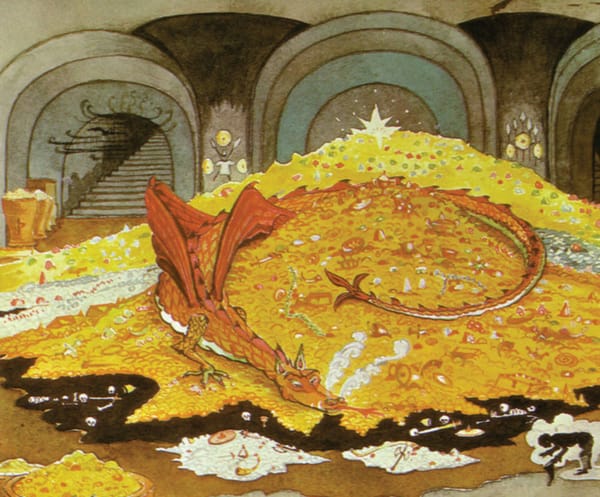Trinidad and Tob-away-we-go
Hamza Shaikh reports from a great expedition

During the end of 2011, when Europe suffered the worst economic crises in decades, the Republic of Trinidad and Tobago was removed from the list of Developing Countries by the OECD. Last month, I was one of the 40 students from Imperial College London who headed to Trinidad and Tobago to discover first-hand the magnitude of this development. We are grateful to our sponsors and hosts; Schlumberger, Petrotrin, Tucker Energy Services, University of Trinidad and Tobago, Total S.A., BP, Challenge Energy, iPoint LLC, Royal Dutch Shell, Hess Corporation, OPC and SPE for their generosity in making this trip a huge success. Also, we are thankful to Imperial College London Earth Science and Engineering Department and Imperial College London Mechanical Engineering Department for helping us procuring PPE.
Having just completed the highly intense MSc taught course and finished our final exams (with only the thesis to follow), we departed on our transatlantic journey from London Gatwick Airport on Sunday morning. We crossed the pond and arrived in the beautiful city of Port Of Spain later the same evening.
Early the next morning, we met a Petrotrin representative who led the way to the Petrotrin Learning Centre. Here we were given an overview of Petrotrin’s complex organisational past and the history of petroleum in Trinidad and Tobago, which links back to the Pitch Lake discovery. This was followed by a drive-through tour of the Pointe-à-Pierre Refinery and a visit to the Pointe-à-Pierre Wild Fowl Trust. The Wild Fowl Trust is a not for profit, environmental, non-government organisation dedicated to environmental education and the conservation of wetlands and waterfowl. We were fortunate to be welcomed there by Petrotrin’s President (also the son of the former President of the Republic of Trinidad and Tobago) who described his journey from the university classroom to his post at Petrotrin. We were given a fascinating and enlightening guided tour of the grounds, which incorporated a number of nature-inspired life lessons, including one based upon the existence of the simple lily pad. This wetlands plant begins life growing underwater and then eventually emerges to the surface, where it can flourish. This represents the sentiment that: to really succeed you must keep trying, never give up and eventually you will find success in your endeavours.

The next day we visited the Trinmar base, to visit two live offshore production platforms. After attending the safety briefing at the base, we boarded the boat with full PPE and headed to the offshore. This was a great experience as we could see live production of hydrocarbons and witness the separation processing facilities first hand; something that we had been studying only a few short days before! One of the key take-away learnings from this experience was the importance of safety in the oil industry, which is maintained not only at the field but in the office as well.
Upon arriving back on dry land, we immediately went to The University of Trinidad and Tobago campus in San Fernando; where we met with the university SPE representatives. The evening allowed all of us from Imperial College to meet our future industry colleagues from Trinidad in an informal setting and to learn of UTT’s Petroleum/Reservoir Engineering programmes and the current SPE activities in Trinidad.
Our third and last day with Petrotrin was spent at the Beach Camp, where we were treated to a drive-by tour of some Petrotrin onshore facilities – including steam flooding and water injection. We were then ready to visit our next host, Schlumberger. The daybegan with an arrival and safety introduction, and a presentation about the company by the region’s General Manager. This was followed by other presentation about few of the service lines in the company by their respective representatives, including D and M (Drilling and Measurements), SIS (Schlumberger Information Solutions), DCS (Data and Consulting Services), WG (WesternGeco) and WL (Wireline). During the tour of the base we were able to see and learn about the various equipment run downhole, thousands of feet subsurface. Seeing the equipment up-close excellently complimented the classroom theory.
Next stop: Pitch Lake, the largest natural bitumen / asphalt seep deposit in the world. The Pitch Lake is located in southwest Trinidad in the village of La Brea, consisting of black and viscous liquid asphalt with a semisolid surface, which we could walk on. The guide described that it was possible for an individual to slowly sink if they stood on the surface too long, crediting how soft the asphalt is! I, personally, had the opportunity to put a stick through the asphalt and remove the liquid tar. However, only a few days later, I noticed that my show was damaged permanently, as the tar had dried up.
Our final day in Trinidad was spent with Tucker Energy Services. The group was split into two; with half of us going to the Wireline facility in Otaheite and the other half to the Cementing facility in Chaguaramas. This was a real-life experience with no veneer, which included a tour of the cementing laboratory, the chance to climb inside a cased-hole wireline truck and to handle the equipment used during the perforation process.
Having thoroughly enjoyed our week in (highly industrial) Trinidad, we then hopped on the ferry and sailed to beautiful Tobago. Here we were able to spend a couple of days relaxing, exploring the picturesque island and meeting some lovely local people. In this short time many of us were able to go snorkelling, enjoy the water sports, scuba dive, go deep-sea fishing, kayaking and even jump (safely!) from a waterfall.
The trip was an overwhelming success and on behalf of the entire SPE Imperial College student body can say that the experience really did succeed in strengthening our classroom knowledge through first-hand experience of how the petroleum industry works.
I would like to unreservedly thank our hosts and primary sponsors for making the trip possible! Last, but not the least, I would like to thank the two bus drivers, Bas and Frankie, who were full of joy and made our journeys entertaining!








